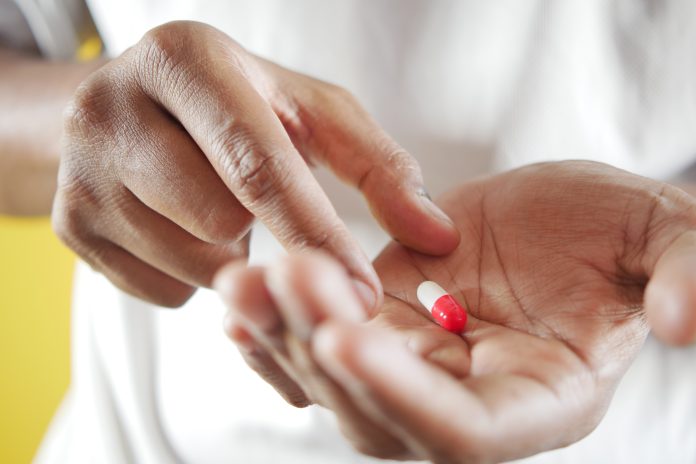Remember the last time a simple cough or a minor infection turned into a persistent health battle? It might not have been the illness itself, but a silent culprit lurking in the shadows: Antimicrobial Resistance (AMR).
This condition, where bacteria and other microbes develop immunity to the very drugs designed to fight them, is quietly escalating into a full-blown public health crisis in Pakistan. Unlike the immediate impact of diseases like COVID-19, AMR operates with a chilling subtlety, potentially turning once-treatable infections into life-threatening battles.
Imagine a future where common infections become untreatable, leaving patients vulnerable and healthcare systems overwhelmed. This isn’t science fiction; it’s the grim reality facing Pakistan, where AMR claims more lives than diseases like tuberculosis, diabetes, and even chronic respiratory illnesses.
Here’s the staggering truth: in 2019 alone, nearly 60,000 lives in Pakistan were directly attributed to AMR, with an additional 221,300 deaths associated with it. This silent assassin silently steals lives every day, surpassing the death toll of other major illnesses combined.
Several factors fuel this silent storm. The overuse and misuse of antibiotics, often for viral infections where they are ineffective, create a breeding ground for resistant strains.
Counterfeit and low-quality drugs further compromise treatment efficacy, accelerating the problem. Weak regulations and lax enforcement leave loopholes that perpetuate the misuse of these vital medications.
The potential consequences are nothing short of catastrophic. Prolonged illnesses and hospital stays strain healthcare systems, while limited treatment options leave patients vulnerable to potentially life-threatening infections. This silent killer jeopardizes not only the present but also the future, as the effectiveness of current antibiotics diminishes, leaving future generations exposed to untreatable diseases.
However, there is still hope. We can disarm this silent killer through a multi-pronged approach. Public awareness campaigns are essential to educate the population about responsible antibiotic use, emphasizing the importance of consulting physicians and avoiding self-medication. Strengthening healthcare systems with stricter regulations and robust monitoring mechanisms is paramount. Promoting antimicrobial stewardship within healthcare settings encourages judicious prescribing practices, optimizing antibiotic use. Finally, investing in research and development is vital to discover new antibiotics and alternative treatment strategies, staying ahead of the evolving threat of resistant microbes.
AMR is not an inevitable future. By working together – healthcare professionals, policymakers, and the public – we can prevent this silent killer from claiming countless lives and casting a permanent shadow over our health and well-being. Let us act now before it’s too late.
What You Can Do:
The fight against AMR requires collective action. Here’s what you can do to protect yourself and your loved ones:
- Only take antibiotics when prescribed by a doctor: Antibiotics are powerful medicines and should only be used when necessary to fight bacterial infections. Taking antibiotics for viral infections like the common cold or flu is ineffective and contributes to the development of antibiotic resistance.
- Complete the full course of antibiotics, even if you feel better: Stopping antibiotics prematurely allows bacteria to survive and potentially develop resistance. Always follow your doctor’s instructions and complete the entire course of antibiotics, even if you start to feel better.
- Don’t pressure your doctor for antibiotics for viral infections: Doctors are trained professionals who understand the appropriate use of antibiotics. If your doctor doesn’t prescribe antibiotics for a viral infection, trust their judgment and avoid pressuring them.
- Practice good hygiene: Simple hygiene practices like frequent handwashing and disinfecting surfaces can significantly reduce the spread of bacteria and help prevent infections in the first place.
- Don’t compromise on the quality of antibiotics: Avoid buying substandard medicine from unauthenticated sources. Always get your antibiotics from licensed pharmacies or healthcare providers.
By taking these steps, we can all play a role in curbing the silent threat of antibiotic resistance and ensuring the continued effectiveness of these life-saving medications for generations to come.


